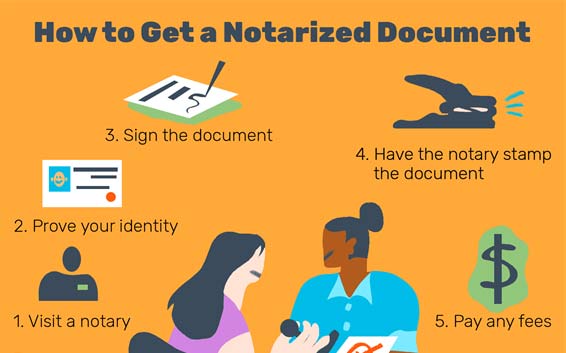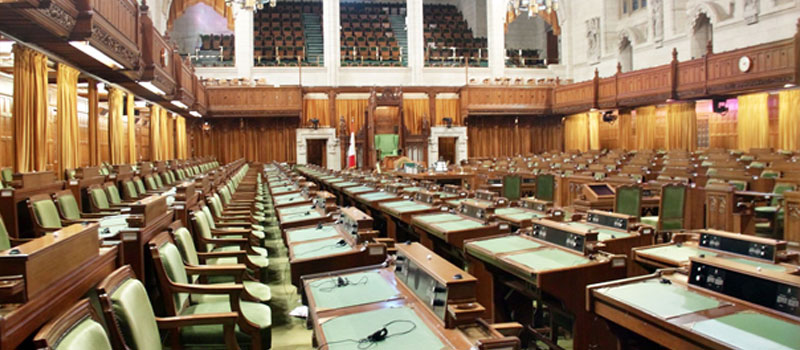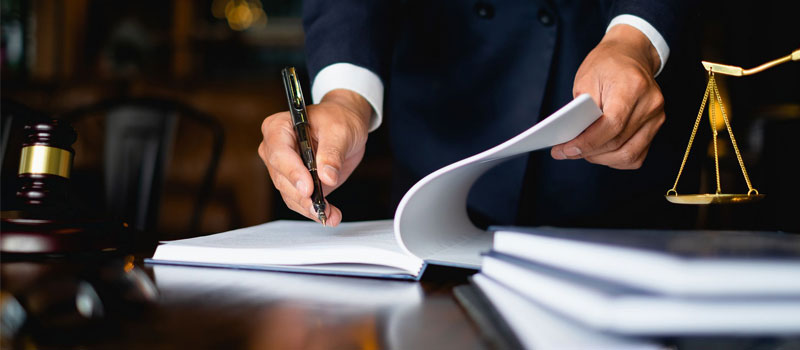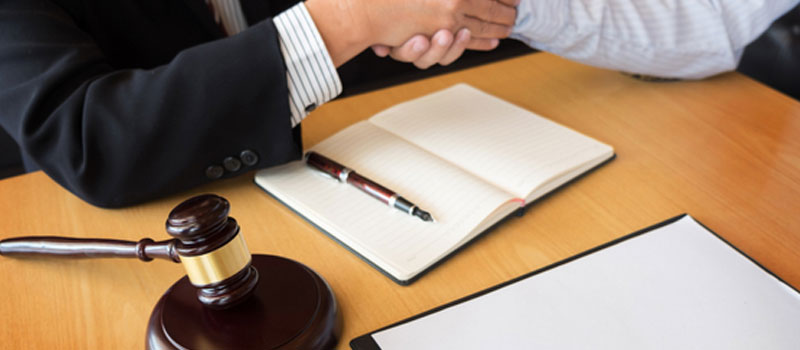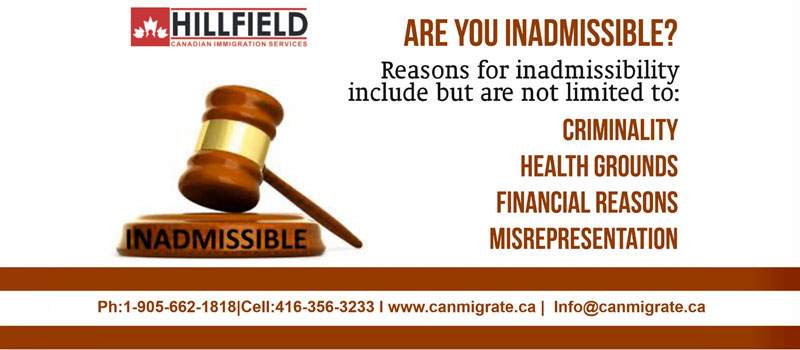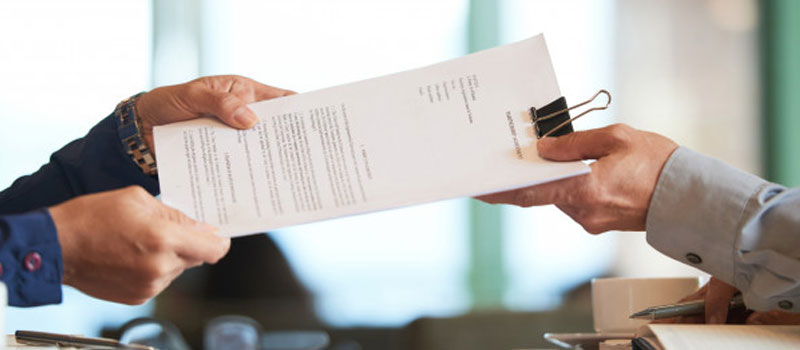The Attorney General appoints persons they think fit as notaries public
Published by Paragon Notary on 25th June, 2021
Other common names
for Notary are Lay Notary Public, Notary Public Clerk. A notary public has all
the powers of a commissioner for taking affidavits. He or she can verify that signatures, marks
and copies of documents are true or genuine.
Lawyers and paralegals are automatically commissioners for taking
affidavits in Ontario. Commissioners for
taking affidavits (sometimes referred to as commissioners of oaths) take affidavits or declarations by asking you to swear or affirm that what is in
a document is true.
A Notary Public has the legal responsibility to abide to the fact that any mistake in
determining the validity of a document or a client can potentially lead to
legal repercussions. If a notary public is authorized by an Act to administer
oaths or to take affidavits or declarations in Ontario, it is not necessary to
the validity of any such oath, affidavit or declaration that the notary public
affix his or her seal.
Visit a certified
notary public when you need an affidavit. An affidavit or declaration may be required for
small claims, family and/or civil court, transferring ownership of a used
vehicle to another person, gifting a used vehicle to a member of your family,
applying for a municipal licence or an exception to a zoning restriction (also
known as a zoning variance).
You may need a notary
public or commissioner of oaths for court documents. If you need an affidavit
for a court proceeding (e.g. small claims, family or court), contact our qualified notary public at Paragon Notary before filing your documents and
confirm/affirm an oath in front of a court official who is authorized to take
affidavits.
A notary public may
exercise the powers of a commissioner for taking affidavits in Ontario; witness
or certify, and attest, the execution of a document; certify and attest a true
copy of a document; and exercise any other powers and perform any other
functions specified.
Notaries Public prepare wills, mortgages, and other legal documents.
Administering oaths and taking declarations to be used in legal matters.
Witnessing and certifying or authenticating the validity of signatures on
documents as an impartial observer in order to prevent fraud and theft within
public or private matters.
Authenticating all notarized documents by signing them and using an embossed
seal or stamp that verifies their presence at the signing of a particular
document. Verifying the document and identity of each signer by checking
identification documents, such as birth certificates, social security cards,
passports, driver’s licences and other IDs.
Certifying any legal
document as a true copy of the original. Keeping records of notarized documents
and ensuring that they are in correct order for public reference. Ensuring that
no coercion to sign was exercised by either of the parties involved in a legal
contract or document. Some may even perform wedding ceremonies if they are duty
authorized.
